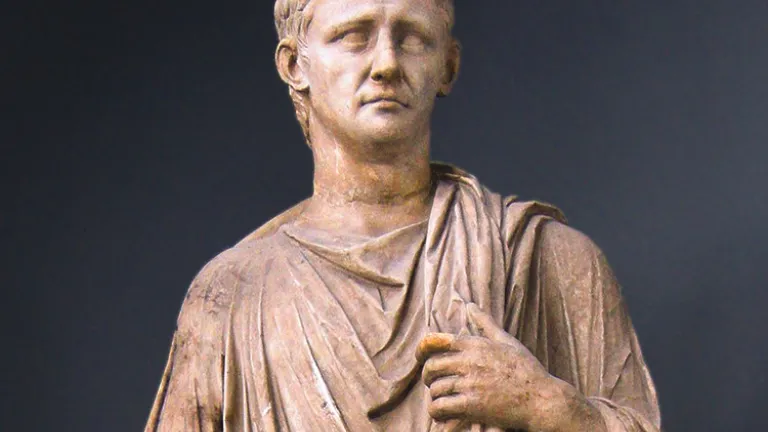“For the Law Was Given Through Moses, but Grace and Truth Came Through Jesus Christ”

John never stated or implied that no form of grace came through Moses. John understood that everything good has come by God’s grace—including the law revealed through Moses.
John 1:17 confuses some people because of the way it’s translated in many Bible versions: “For the law was given through Moses, but grace and truth came through Jesus Christ.” In the King James Version and New King James Version (used here and most places in this study guide), the word “but” is italicized. This means the word doesn’t appear in the original biblical manuscripts, but was added by translators.
Often such additions help readers better understand the meaning, but not in this case. Here the addition of “but” creates a contrast that never existed in John’s original wording.
Translators of various other Bible versions, understanding the “but” doesn’t belong here, render this verse differently. In two versions we see it as: “For the law was given through Moses; grace and truth came through Jesus Christ” (NIV, English Standard Version). Other versions give something similar (see, for example, the Christian Standard Bible, New American Standard Bible, Bible in Basic English, New Revised Standard Version, Twentieth Century New Testament and Young’s Literal Translation).
The apostle John, being a devout Jewish Christian, certainly understood that grace existed before Jesus Christ came into the world. He knew that Israel’s God was gracious and merciful (Exodus 34:6; 2 Chronicles 30:9; Nehemiah 9:17; Nehemiah 9:31; Psalm 103:8; Psalm 116:5; Joel 2:13; Jonah 4:2). He also knew that the law God gave through Moses was a great blessing—a gift of God’s grace (Psalm 19:7-11; Psalm 119:86; Psalm 119:127; Psalm 119:140; Psalm 119:172; Romans 7:14).
For this reason John himself would write of the necessity for Christians to keep God’s commandments in passages such as these:
• “Now by this we know that we know Him, if we keep His commandments” (1 John 2:3).
• “He who says, ‘I know Him,’ and does not keep His commandments, is a liar, and the truth is not in him” (1 John 2:4).
• “And whatever we ask we receive from Him, because we keep His commandments and do those things that are pleasing in His sight” (1 John 3:22).
• “Now he who keeps His commandments abides in Him, and He in him” (1 John 3:24).
• “By this we know that we love the children of God, when we love God and keep His commandments” (1 John 5:2).
• “For this is the love of God, that we keep His commandments. And His commandments are not burdensome” (1 John 5:3).
• “This is love, that we walk according to His commandments” (2 John 6).
• “Blessed are those who do His commandments, that they may have the right to the tree of life, and may enter through the gates into the city” (Revelation 22:14).
John never stated or implied that no form of grace came through Moses. John understood that everything good has come by God’s grace—including the law revealed through Moses. In fact, John explained that Jesus was the Word who acted as God on behalf of the Father during the Old Testament period (John 1:1-3; John 1:14, see also “Jesus’ Identity: Who Gave the Law?”). This means that the law God gave through Moses was given by the One who became Jesus Christ! Yet in coming to the earth Jesus revealed much more about this law—presenting the fullness of grace and truth (see John 1:14).
God’s law was given to mankind for humanity’s own good and benefit (Psalm 94:12; Psalm 112:1). That of itself was a great blessing, a wonderful bestowal of grace to mankind, made full through Jesus Christ. (To learn more, download or request our free book The New Covenant: Does It Abolish God’s Law?)






